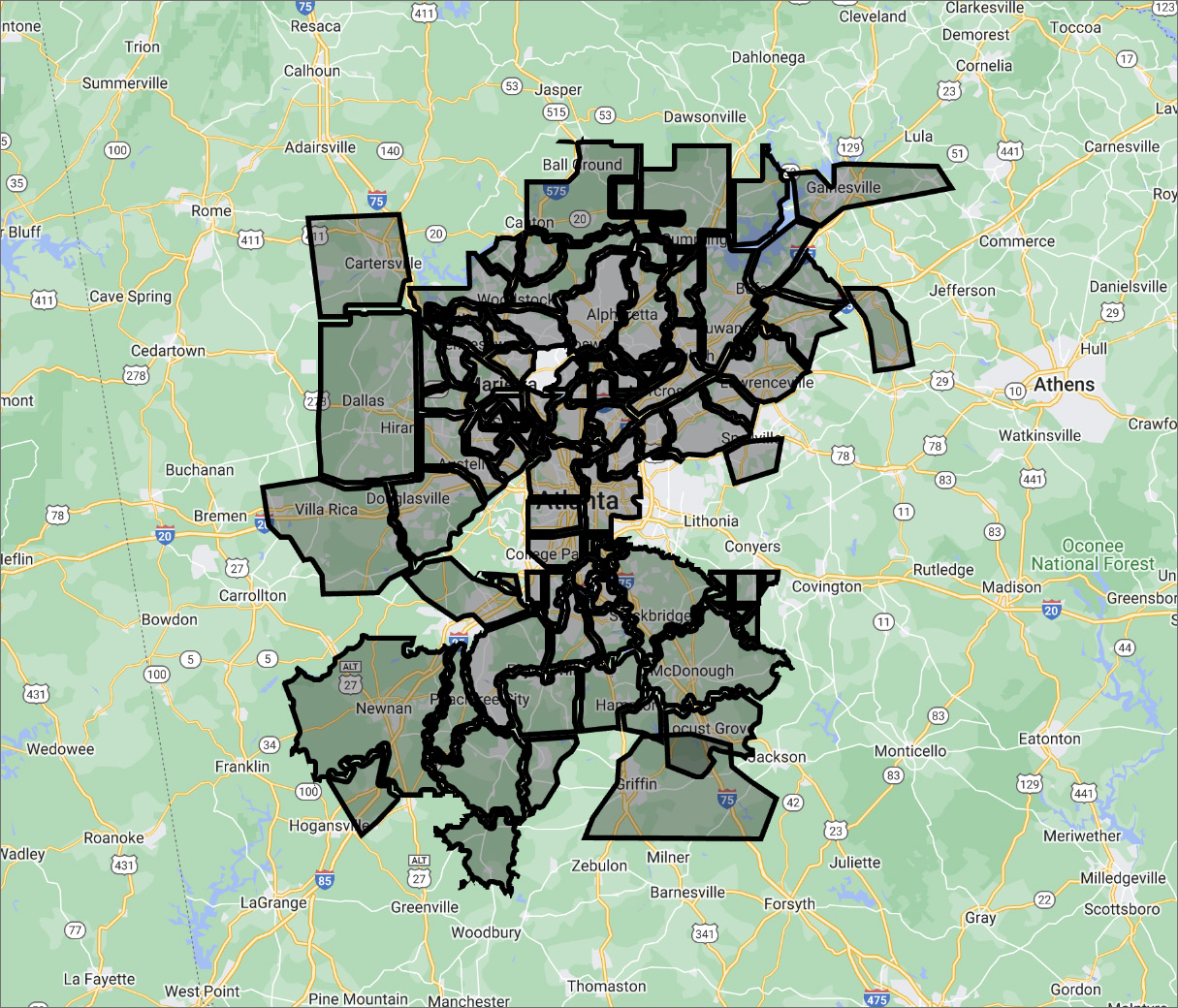Although your cat might still act like a kitten, it’s growing up. As it ages, it’s important to consider its new dietary needs. Usually, this means switching your feline’s meals from kitten to cat food.
While all felines are different, the average age to switch from kitten food to adult cat food is about one year. While that’s a general guideline, speak to your vet for confirmation. Changing food can be an adjustment for cats, so start the process slowly and provide lots of encouragement. If your cat doesn’t like its new food, try another brand and visit your vet to make sure its new meals aren’t causing digestion or stomach issues. Switching the types of foods your cat eats as it ages is necessary to give your feline the nutrients it needs to stay healthy.
When you can’t be there to look after your furry friend, reach out to the cat sitters at Critter Sitters by calling us at (404) 793-6178.
At What Age Should I Switch from Kitten Food to Cat Food?
Transitioning from only tiny cans of wet food to more robust meals is a rite of passage for any maturing cat. As an owner, you want to know when the right time is to make this change and begin introducing your feline friend to a new menu. In general, cats can make this transition at around one year old.
Once your cat has reached its first birthday, talk to your vet about switching it from kitten food to adult cat food. Doing so will decrease your feeding responsibilities (you can leave dry food out for much longer and in larger quantities) and provide your pet with the nutrients it needs as it ages.
As the cat sitters at Critter Sitters know, not all felines are the same. Depending on your kitten’s size and breed, your vet might advise you to make the switch to cat food as early as ten months. For other cats, the change in diet should happen a bit later in their lives. The right time for your cat will be based on your cat’s exact dietary and nutritional needs. That said, the typical benchmark for this transition is about one year old.
What if My Cat Isn’t Adjusting to its New Food?
Lots of animals are suspicious of change. If your cat has been eating the same type of food for its whole life, and now something else is in its bowl, its appetite might decrease. If it appears as though your aging kitten isn’t adjusting well to its new cat food, there are a few helpful tips you can incorporate into mealtimes to make the transition smoother.
Start Slow
When presenting your cat with a new type of meal, start slowly. The introduction process is typically more successful when owners spread it out over a week or so. Begin by incorporating your cat’s new delicacy into its old food. Mixing foods together can help your feline get accustomed to new tastes and textures. Don’t spring something totally new on your cat, as doing so might cause it to turn up its button nose and skip meal time. If life takes you away from your pet during this transition, our Roswell cat sitters can whip up your pre-determined recipe for your cat to enjoy.
Provide Encouragement
Even though your kitten’s new adult cat food might be tailor-made with the nutrients it needs to grow into a strong, healthy feline, it might be confusing for your pet. So, provide your cat with the encouragement it needs. This might include rewarding your cat for eating its new food with a treat or some playtime. Don’t pressure your cat, either. Some felines are a bit territorial when it comes to food, and you don’t want to push yours away. So, reward the good eating behavior and give your cat time to sniff out its new food.
Try Something Else
Not all adult cat food is equally tasty to cats. If your kitten isn’t adjusting well to its new food, it might be because it simply doesn’t like it. The transition might upset its stomach, making it wary of eating anything at all. If you’re noticing digestion issues or poor eating habits, take your cat to the vet right away. Then, try another brand, different flavors, or more nutritious ingredients. It’s important to give your cat food it actually enjoys eating.
Why Should I Switch from Kitten Food to Cat Food?
Switching from kitten food to cat food as your feline ages is a must. Different foods contain different ingredients tailored to cats at specific stages of their lives. If you don’t make this all-important switch, your cat’s health might decline.
As cats age, they need different nutrients in the same way that people do. Adult cats need more protein, other macronutrients, and important minerals like calcium, potassium, and magnesium. They also need more calories and bigger portions than kittens do. Only feeding your cat kitten food for its whole life won’t do the trick.
Once you get to the stage of adult cat food, you can choose brands that are catered to your specific cat’s breed and medical needs. When cats reach seniority, they may need other foods altogether.
It’s common for cats to gain a little weight when switching from kitten food to adult food. This can be avoided by portioning your cat’s meals and feeding it twice daily. It’s good to use this method all the time, but especially during this transition, to ensure your cat is eating the right amount, not too little or too much.
Call Our Cat Sitters Today
For dependable care when you need it most, call the Atlanta cat sitters at Critter Sitters today at (404) 793-6178.


